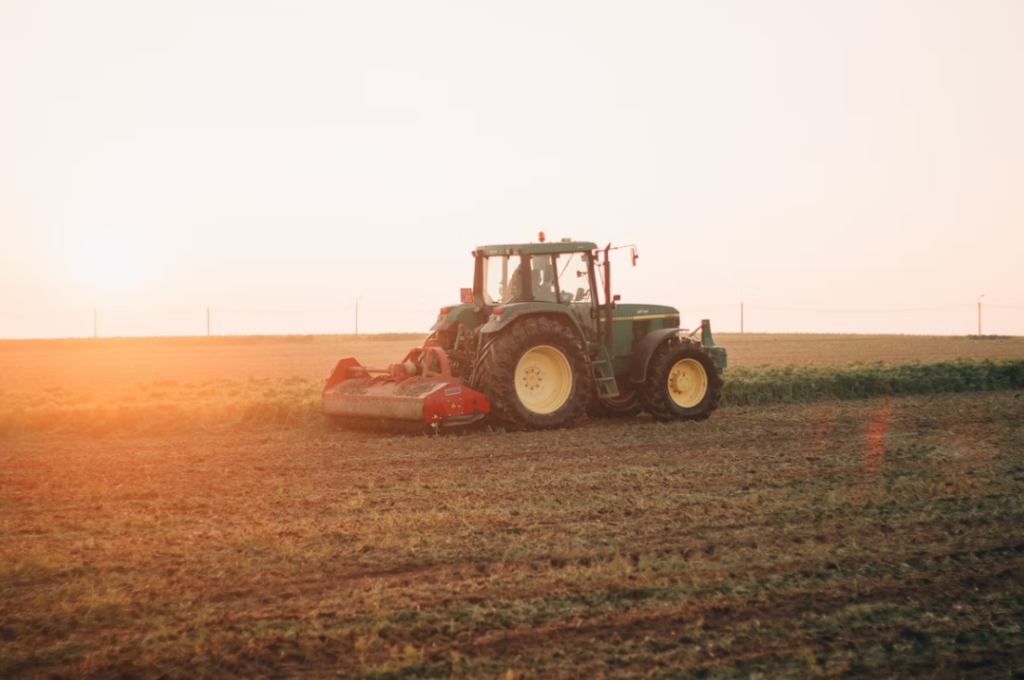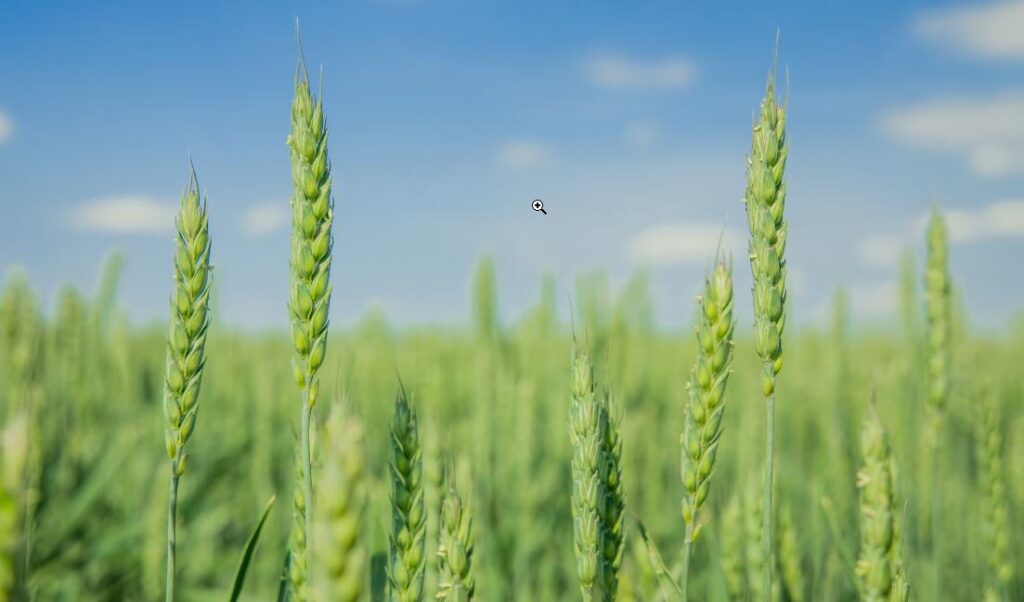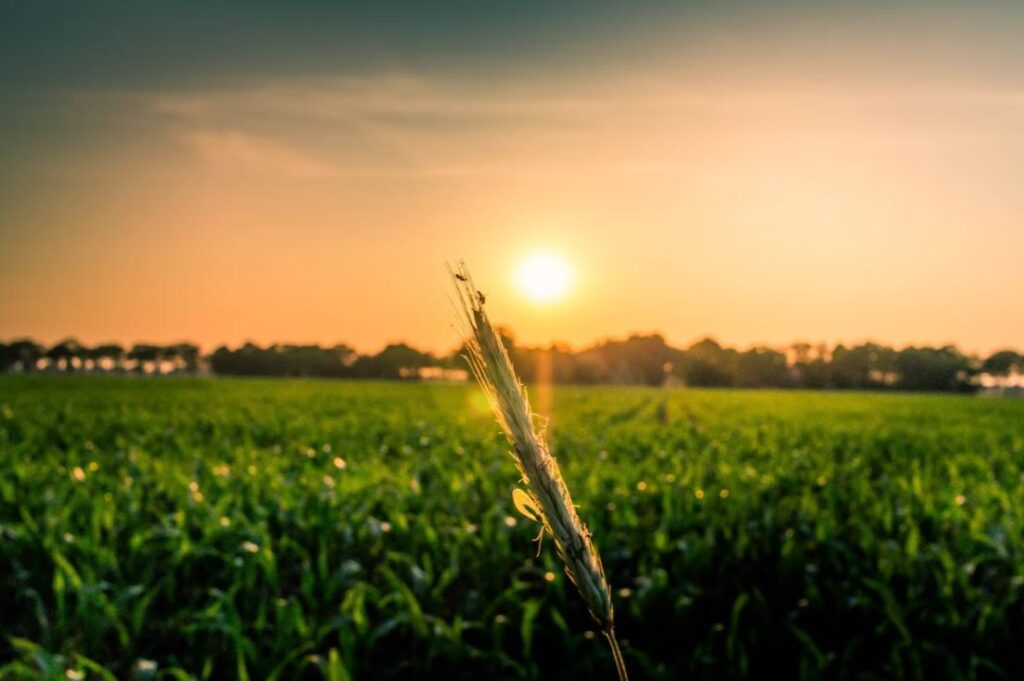Advanced Technology in Agriculture for Modern Farming
In this day and age, innovation is crucial to many industries, especially the agricultural sector. As it faces significant challenges, such as growing supply costs, labor shortages, and consumer preference changes regarding sustainability and transparency, businesses are under more pressure to innovate now than ever. As a result, investments in farming technology soared to nearly eight billion dollars in 2020, topping the previous year by nearly forty-one percent.
Technological innovations within the agricultural space have primarily focused on areas like robotics and automation, vertical indoor farming, and artificial intelligence. And in this article, we’ll look into some of the modern technologies supporting the agricultural industry today.

Farming automation
Farming automation, or smart farming, refers to the use of technologies that aid in the automation of livestock or crop production. They’re most commonly associated with robotics, using machines like autonomous tractors, drones, seeding robots, automatic watering, and robotic tractors. Although many of them are relatively new, the sector has seen a growing number of conventional agricultural businesses adopt farming automation as a part of their daily operations.
Advancements in technology, be it robotics or computer software, are disrupting modern agriculture. While automation’s main objective is to help cover mundane tasks, it can also address major concerns, including but not necessarily limited to shortages in farm labor and implementing ecological practices while maintaining high economic yields. In other words, it enables companies to maintain a consistently high level of productivity while lowering their environmental footprint.
Artificial intelligence
The advent of digital agriculture has brought about a host of data opportunities. UAVs, remote sensors, and satellites can collect information daily over entire fields. They can monitor soil conditions, plant health, humidity, temperature, and more. The volume of information they can produce is overwhelming. And the numbers’ significance is within all the data gathered. With the insight they provide, farmers can have a clearer understanding of what the situation is and make informed decisions more than manually driving or walking the fields.
Artificial intelligence supports the software and machines that interpret the environment of the field and assist farmers in the decision-making process. Their algorithms process collected data, learning and adapting based on all the information it receives, with the goal of better harvesting.
Precision agriculture
Technology is fast-becoming an integral component of all commercial farms. Precision agricultural businesses continuously develop technologies to help farmers maximize their respective yields by giving them control over every facet of farming crops like moisture levels, soil conditions, micro climates, and pest stress. By offering more precise strategies from growing and planting crops, can help not only in improving efficiency but also managing costs.
Conclusion
Like many industries, agriculture continues to evolve thanks to modern technology. Whether it’s robotics and automation or artificial intelligence, it impacts modern farming in various ways. For farmers and businesses within the industry to stay afloat and remain competitive, it’s crucial to leverage these technologies. Failure to do so will only result in missed opportunities for profit and growth.

